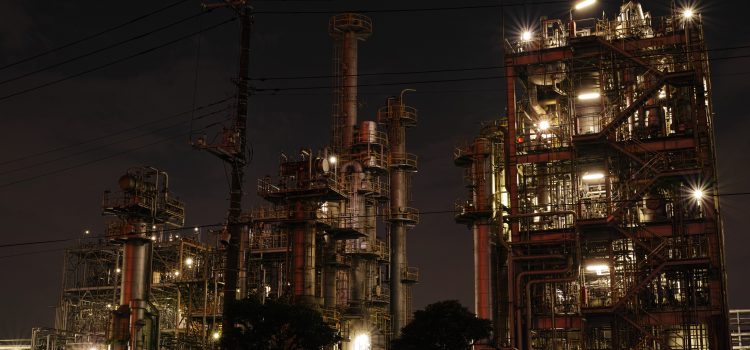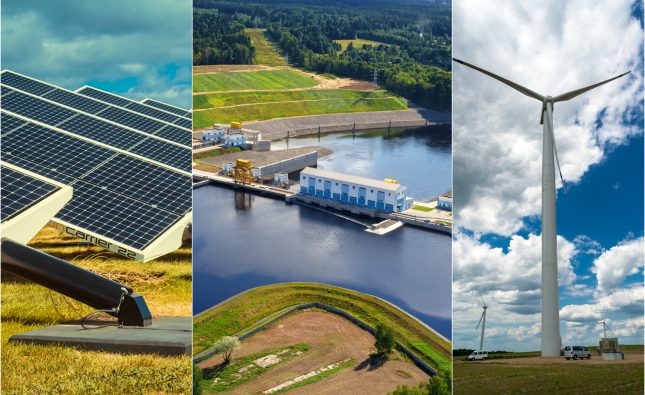
In a notable shift within the global energy landscape, the combination of China’s advancing aviation industry and the emergence of more fuel-efficient aircraft technology is poised to dampen the demand for oil, a crucial driver of the commodity market. As China solidifies its position as an economic powerhouse, it has been actively investing in the development of cutting-edge planes that consume significantly less fuel, marking a potential turning point for the petroleum industry.
China’s aviation industry has experienced rapid growth in recent years, resulting in an expanded fleet of aircraft and a subsequent surge in fuel consumption. Recognizing the environmental and economic implications of this trend, Chinese aircraft manufacturers, in collaboration with international partners, have intensified their efforts to develop more energy-efficient planes.
Leading the charge is the Commercial Aircraft Corporation of China (COMAC), a state-owned aerospace manufacturer, which has made significant strides in developing aircraft that boast impressive fuel efficiency. One such example is the COMAC C919, a narrow-body airliner designed to compete with the Airbus A320 and Boeing 737. Equipped with cutting-edge engines and aerodynamic features, the C919 promises to reduce fuel consumption by up to 15% compared to its counterparts, thereby curbing the demand for petroleum-based jet fuel.
While China’s investment in fuel-efficient aircraft is primarily motivated by environmental concerns and the need to reduce its reliance on imported oil, the global implications are far-reaching. Oil, often considered the lifeblood of the transportation industry, has long been a critical factor in shaping the geopolitical landscape. The anticipated decline in demand resulting from China’s adoption of fuel-efficient planes could potentially disrupt the balance of power among major oil-producing nations and reshape the energy market.
This development comes at a time when concerns about climate change and carbon emissions have reached unprecedented levels. Countries around the world are under increasing pressure to transition to more sustainable energy sources, and the aviation industry is no exception. As China and other countries strive to meet their emissions targets, the adoption of fuel-efficient planes represents a significant step towards achieving a greener future.
Nonetheless, it is important to consider the potential challenges associated with this shift. While fuel-efficient aircraft offer undeniable benefits in terms of reduced oil consumption and environmental impact, their widespread adoption hinges on factors such as cost, infrastructure, and regulatory support. Moreover, the existing fleet of less efficient planes will take time to phase out, which could impede the immediate impact on oil demand.
As this transformation unfolds, industry experts are keeping a watchful eye on the evolving dynamics. They are studying how China’s investment in fuel-efficient aircraft will affect oil prices, the geopolitical landscape, and the overall energy transition. Additionally, they are closely monitoring other disruptive technologies, such as electric and hydrogen-powered planes, which could further alter the demand for oil in the future.
In conclusion, the convergence of China’s advancing aviation industry and the development of fuel-efficient aircraft technology heralds a significant shift in the demand for oil, a vital driver of the global energy market. As China aims to reduce its dependence on imported oil and address environmental concerns, the implications extend beyond its borders, potentially reshaping the geopolitical landscape and accelerating the global transition to greener energy sources. However, challenges and uncertainties lie ahead, demanding a nuanced approach to understanding the long-term implications of this transformative development.
Disclaimer: The views and opinions expressed in this article are solely those of the author and do not necessarily reflect the official position of the publication.










